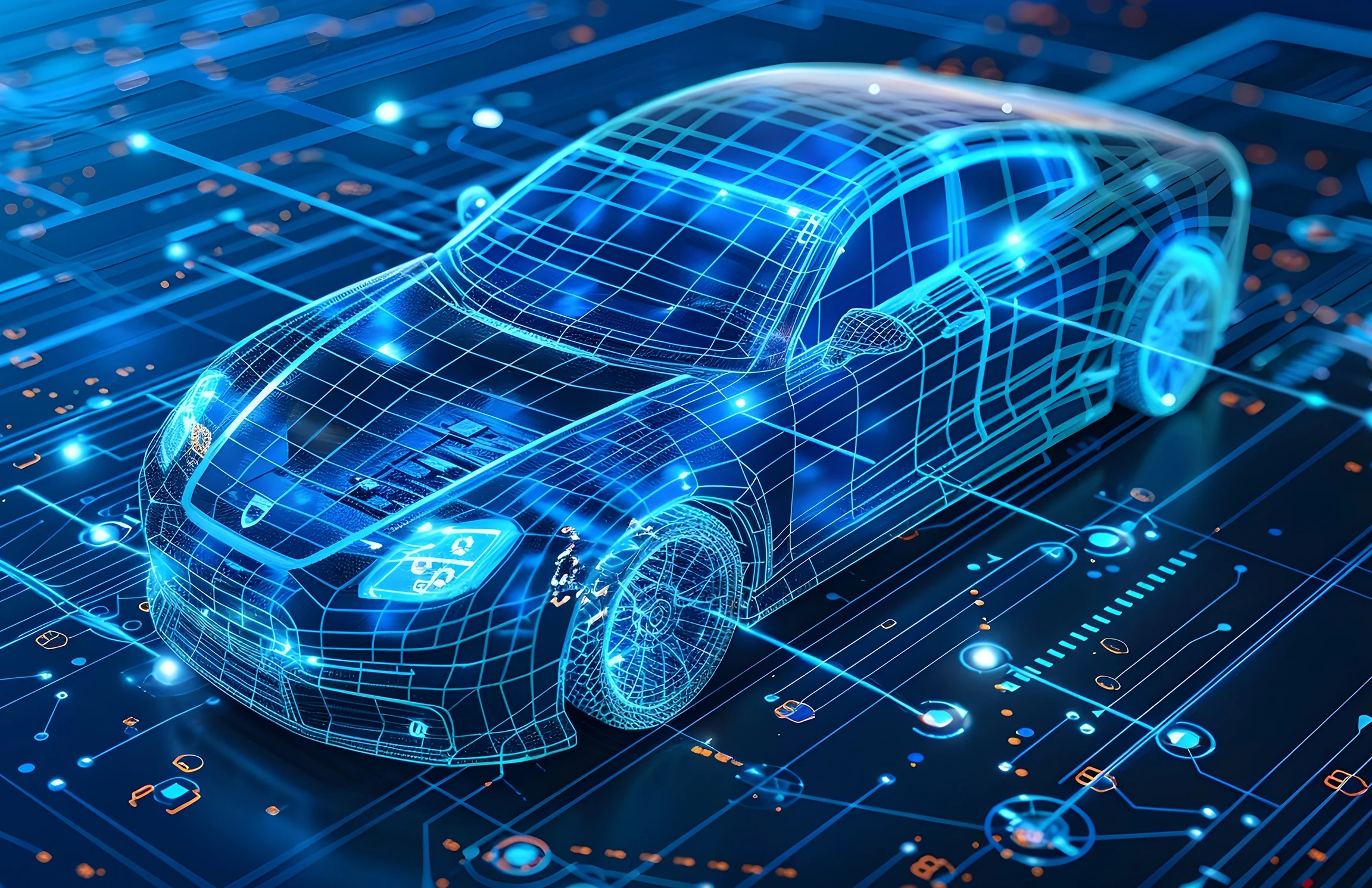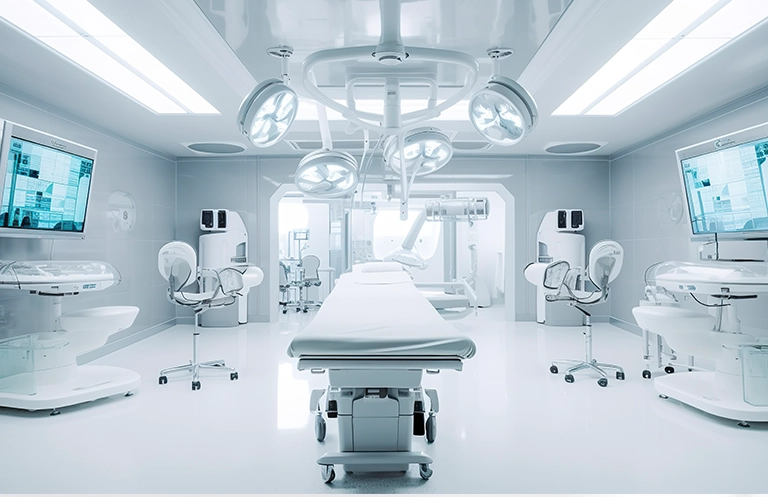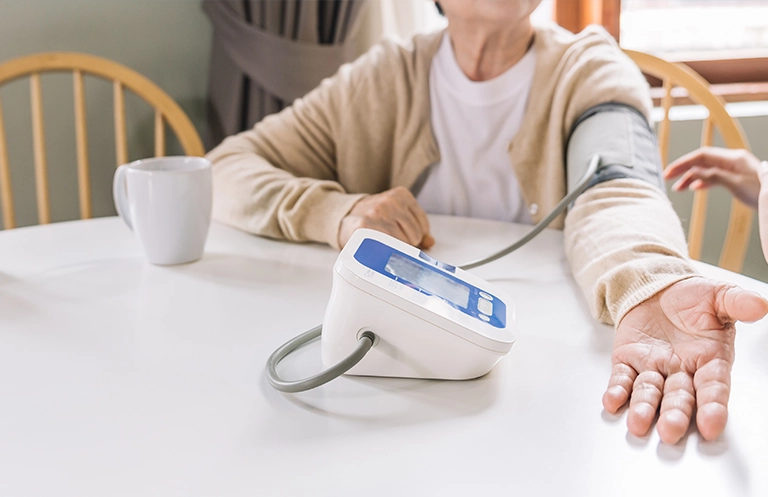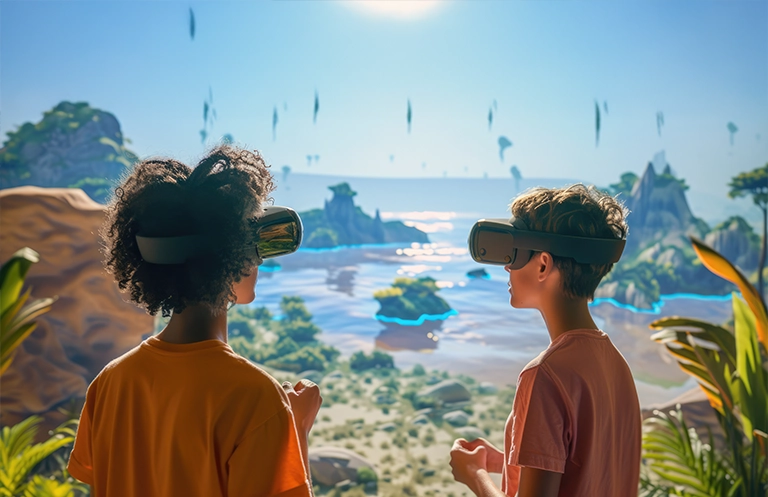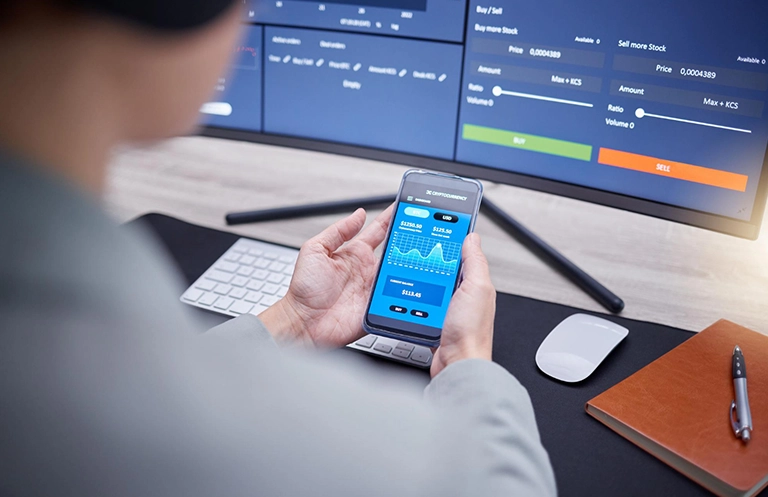The wall between the real and virtual world is breaking down with the advancement in Augmented Reality (AR)/Virtual Reality (VR)/Mixed Reality (MR) technology. While AR has already created the buzz by adding virtual stuff in the real environment, VR has provided the immersive feel of the virtual world. But now is the time to go beyond AR/VR and generate realistic sounds, images, and sensations that allow us to experience and interact with the imaginary world in reality.
What is Mixed Reality?
Mixed Reality solutions produce new simulated environments and visuals by combining real and virtual worlds where physical and digital objects can interact with each other in real time. It combines concepts of both Augmented Reality and Virtual Reality.
Mixed Reality allows users to interact with their hands and gestures. With that, the users get a chance to not only experience the virtual objects in the real world but also interact with them.
With Mixed Reality, it is possible to play a virtual video game and smack an imaginary character from the game using hand gestures.
Here is how Mixed Reality technology functions
A Mixed Reality solution is driven by cloud computing and Artificial Intelligence (AI). Advanced AI sensors, powerful processors, high-performance GPUs, cameras, and graphic cards play a key role in building a high-functioning MR device. Better Mixed Reality experience can be achieved by adding more types of equipment to the device, such as smart glasses, gloves, or body suits, that have high accuracy sensors inbuilt for gesture recognition.
MR devices are connected to the console or a computer for accessing the software. With the help of the software, virtual objects can be created, cloned, and added to generate immersion.
Here is what the Mixed Reality spectrum looks like:
The Mixed Reality spectrum presents digital and physical world reality linearly. It maps itself somewhere in the scale between the virtual and real world largely depending on the solution type and purpose.
The physical world presents everything real, and the digital world presents everything virtually, and computer-generated. Mixed Reality combines both sides and creates an immersive experience that involves motion as well as artificial objects.
Here are the key benefits of leveraging Mixed Reality in various solutions
- MR can enable better learning, education, and training using solutions that can substitute expensive and fragile equipment, reducing costs. Mixed Reality can create a highly technical, remote training environment that replicates learning in real-time, providing an experimental learning experience, it can also enable workers to train onsite for dangerous occupations and industries such as oil refineries.
- Mixed Reality helps create solutions to help connect teams and participate in product design and planning effectively through realistic holograms, 3D projections, and simulations. By implementing a Mixed Reality solution, you can visualize virtual objects anywhere in the world and gain actionable insights far earlier with artificial intelligence that current solutions would not allow.
- It can help create MR solutions for collaborative maintenance and repair. On-field technicians can be trained using the Mixed Reality training module, which can allow them to learn real scenarios with 3D visualization and interaction. They can also get real-time support with remote collaboration and resolve the issue in no time.
- With Mixed Reality, marketing teams can promote the company’s products and services while demonstrating real products with better visualizations. Retail companies can develop a Mixed Reality solution for merchandising and visualizing display units with products.
How Mixed Reality is changing the way different industries operate
Healthcare
Mixed Reality is being used in the medical sector to enhance the education process that covers various sub-fields of medicine like physiology and anatomy, neurosurgery, ENT, cardiology, and others. Mixed reality is already helping medical students with interactive medical training, and doctors in monitoring remote patients as well as improving reliability and increasing success rate while performing surgery.
Retail
Retailers can leverage Mixed Reality to provide a paradigm shift in aesthetics by establishing an intuitive product experience. With the help of Mixed Reality, customers can experience the objects themselves and feel how they interact in the real world. These types of experiences cannot be created with AR or VR resulting in increased user trust and confidence in the product.
Learning and Development
Mixed Reality can break barriers in the learning and development sector with training being provided on the go by professionals. Mixed Reality allows students to interact with the 3D model of their project while seeing their real environment.
Industrial Automation
Mixed Reality improves construction by providing perfect alignment of holographic models on the job site. With mixed reality headsets, an on-field technician can operate and control machines as well as an entire industrial area with fewer errors and high accuracy.
Final Thoughts
Mixed Reality has not been implemented widely because of the incorporation of emerging technologies including artificial intelligence and immersive technology. MR is hardware-intensive, time-consuming, and costly implementation due to the requirement of creating 3D content. Apart from that, hardware cost, investment in appropriate SDKs, and onboarding a skilled talent can add more cost. eInfochips has developed a Home Décor solution that leverages Mixed Reality.
To know more about our Mixed Reality solution works, talk to our experts today.

